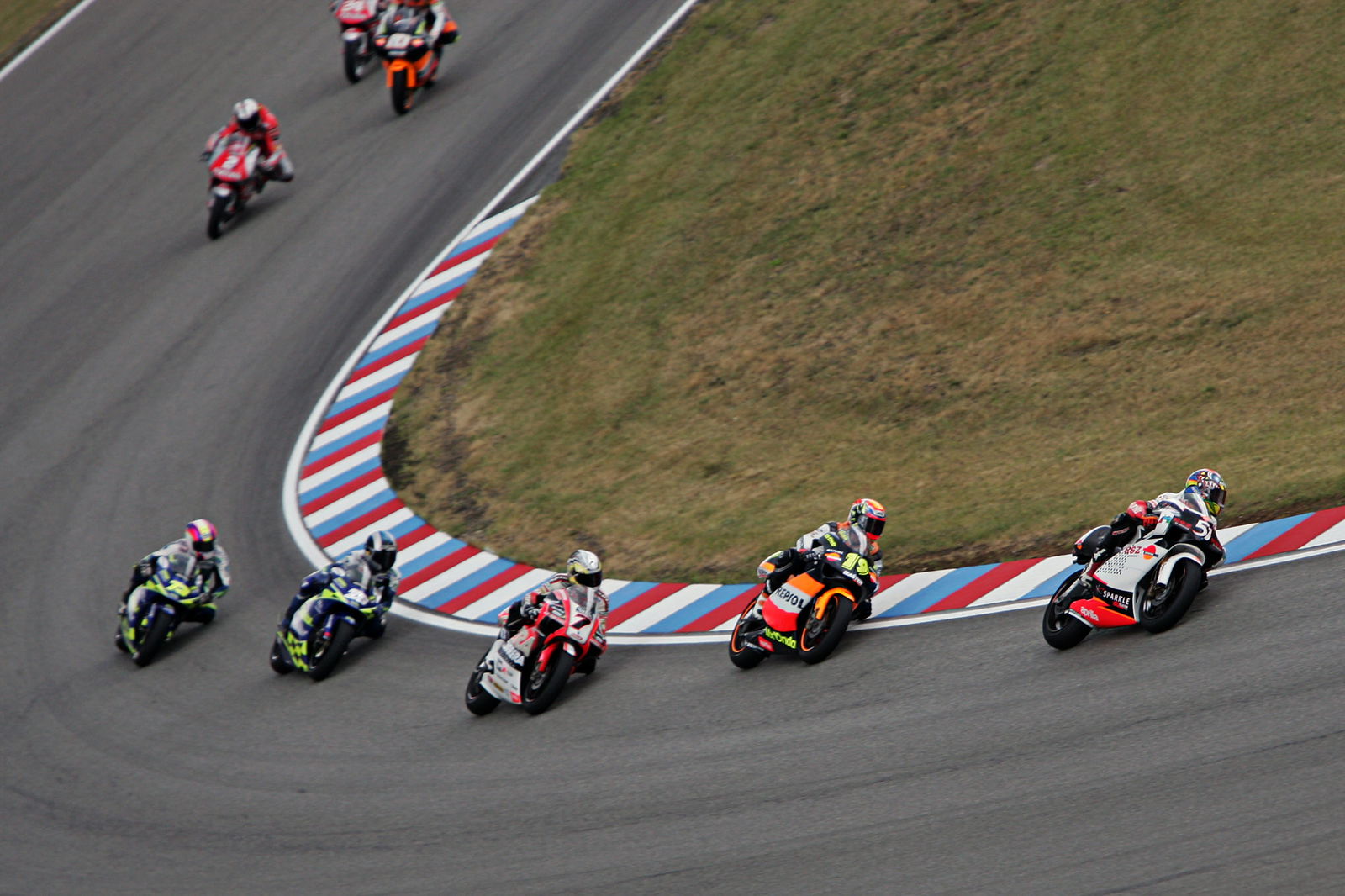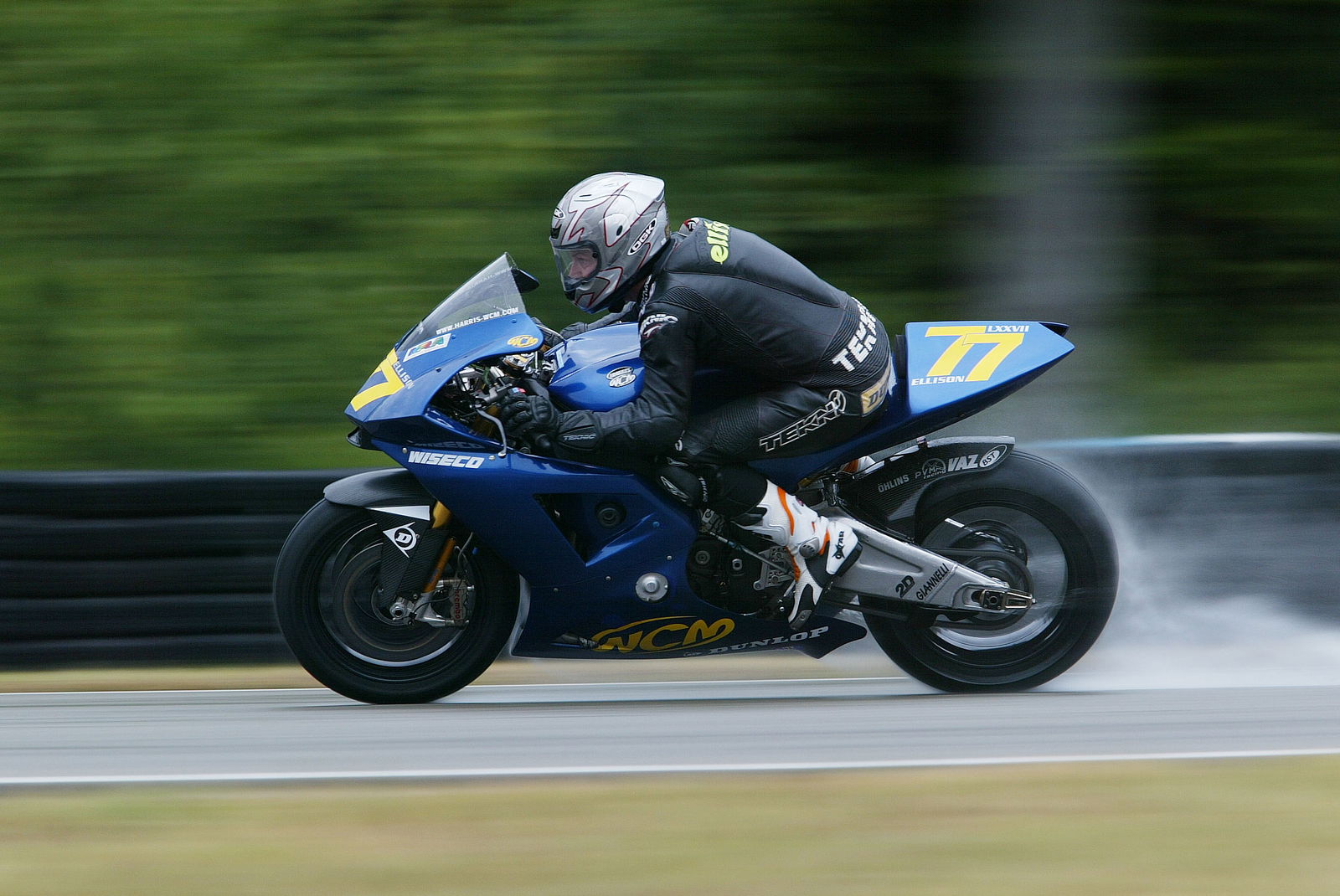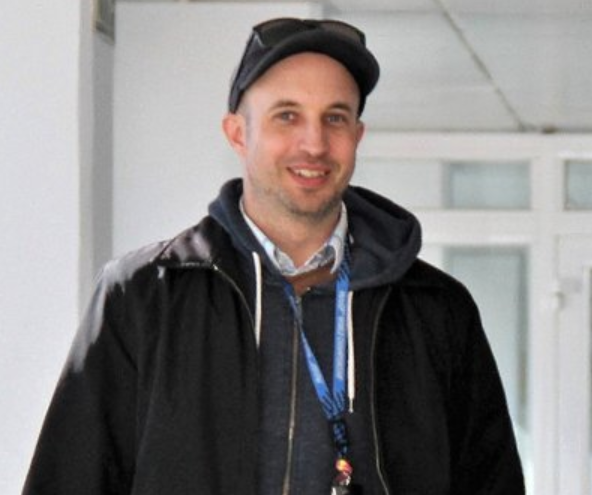When to stop.
Hindsight is a wonderful word. The Concise Oxford Dictionary sums it up perfectly - 'Wisdom after the event'. How many times in your life would a little wisdom after the event pushed you down a different path?

Hindsight is a wonderful word. The Concise Oxford Dictionary sums it up perfectly - 'Wisdom after the event'. How many times in your life would a little wisdom after the event pushed you down a different path?
It certainly applies in grand prix motor cycle racing. A bit of hindsight would certainly have helped with tyre choice and race tactics but even more seriously, as was perfectly illustrated at Brno last weekend, on the crucial question of riders safety. As it turned out, hindsight would have probably produced exactly the same solution to a very tricky situation in the 20 lap 250cc race.
The race started on a dry track but with dark clouds threatening. The rain held off until lap six when it started to fall at the bottom end of the 5.403 kms circuit. Race leader Alex De Angelis and second placed Randy De Puniet put up their hands to indicate they thought the race should be stopped. A similar move by the MotoGP riders at Mugello this year brought out the red flags to halt proceedings on the orders of the Race Director.
However, reports from marshals at the wet part of the circuit and the TV helicopter above indicated that the track surface was not dangerous enough to stop the race and the red flags never arrived. While the leaders slowed with hands raised, others just got on with racing.
The race continued in tricky conditions with spits of rain on the riders' screens but on a surface that was certainly not dangerous enough to stop the race. Race leader Dani Pedrosa even set a new lap record on lap 17. One lap later after the Spaniard re-wrote the record books, the rain appeared heavier and up went his hand but not before that early leader De Angelis crashed out. Once again some riders slowed while others saw there was no red flag and carried on racing.
The Race Director again sought advice from the marshals and helicopter and was told it was safe to proceed. The red flags stayed behind the barriers. Suggestions that the race continued in order not to delay the start of the MotoGP race with it's lucrative television contracts bore little credence, especially in the case of the second attempt. If the race had been stopped the riders would have completed enough laps for the results to be declared there and then, thus giving even more time before the start of the money making MotoGP encounter.
If and when to stop a grand prix race is a difficult decision to make. It's the Race Director who makes the final decision although riders play a massive part. If all the riders had slowed at Brno and put up their hands, surely there could have been no other decision than to order the red flags. However, not all did and indeed some took full advantage of the situation by following the rules to the letter of the law, racing on with not a red flag in sight.
No wonder after the race there was not total harmony among the participants. It will be interesting to see what happens if a similar occasion occurs before the end of the season. Perhaps they will have discussed a little bit more solidarity. If the leader puts his hand up everybody else follows suite and slows up.
In the MotoGP class it does appear the leaders have a bit more clout both with their fellow competitors and the Race Director. At Mugello this year a fabulous battle between Valentino Rossi, the Camel Hondas of Max Biaggi and Makoto Tamada, plus the Telefonica machine of Sete Gibernau was brought to a halt in the rain when Rossi's raised hand at the front brought out the red flags.
The rain soon stopped but as Rossi pointed out after winning the re-run six lap race, "Seeing what happened in the second race, it would have been possible to carry on, but I don't have a crystal ball to see the future."
The rules for MotoGP are different to the 125 and 250cc classes. They were changed last year, in order to help world wide television viewers know what was going on if a race had to be stopped.
The 125 and 250cc system of running a second leg and then adding the times of the two legs together to find the race winner was abandoned. Instead, the results of the stopped race are scrapped and the winner of the restarted race, which runs for the remaining original race distance, is declared the winner. In the case of Mugello it was just a six lap dash which Rossi won from Gibernau and Biaggi.
At the moment all world championship points are awarded to the riders participating in the second race. That's a pretty tough deal for somebody who's battled throughout the first leg only to perhaps go down in the rain, or for the rider who'd led the way throughout the first leg before the rain arrived. Next season there could be a change with a proportion of the points going to the riders finishing the first leg.
When it rains properly, for example at Sepang in Malaysia, there is no problem; the race has to be stopped. When it spits and dribbles the problems occur. It's a tough call for the Race Director to make. Rider safety is his main priority and surely the sight of all riders putting up their hands would indicate the race must be stopped.
If the 250cc riders had done that at Brno there would have been no controversy... Let's go back to that Concise Oxford dictionary and check out the word 'solidarity'.


